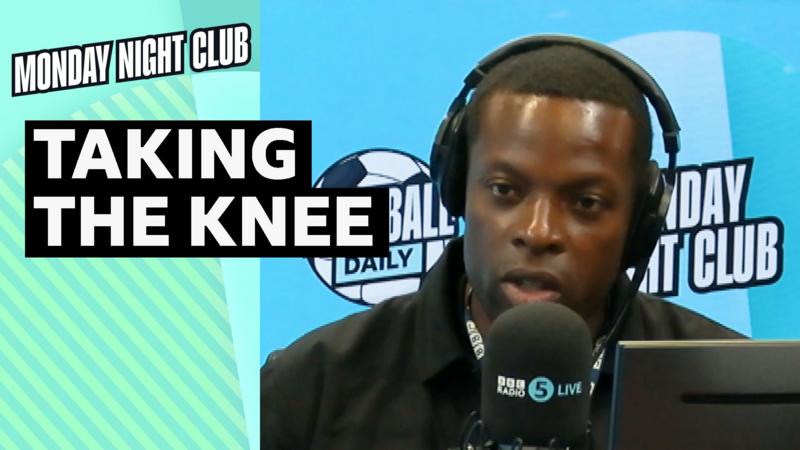Onuoha Urges England: Continue Taking the Knee to Protest



Nedum Onuoha, a former Manchester City defender known for his thoughtful commentary on social issues in football, recently weighed in on a significant decision by the England team at Euro 2025. The team chose to discontinue the practice of taking a knee, a gesture of protest against racial inequality and discrimination that was widely adopted across sports in the wake of George Floyd's murder in 2020. This decision came into the spotlight particularly after Jess Carter, a standout defender for the England women's national football team, faced abhorrent racist abuse on social media.
Taking the knee had been a symbolic act performed by athletes before the start of games to raise awareness about racial injustice. However, the England team's decision to stop taking the knee has sparked a mixture of support and criticism. Onuoha, always keen to delve deeper into the layers of sports and its societal impacts, offered a nuanced perspective on the implications of this move, emphasizing the evolving nature of protest and the need for new ways to foster discussions and actions around racial equality.
During his playing career, Onuoha experienced his fair share of challenges, including racial abuse. His insights are therefore not just theoretical but are also steeped in personal experiences. According to Onuoha, the decision to stop the routine of kneeling should not be seen as a step back in the fight against racism but rather an evolution of the protest.
In his discussion, Onuoha highlighted that while taking the knee was a powerful gesture that brought attention to racial injustices, it is essential to assess its impact continually and explore more direct forms of action. He suggested that moving beyond symbolic gestures to implementing substantial changes within football and wider society could be a more robust approach to tackling racial inequality.
The abuse faced by Jess Carter is a stark reminder that despite the progress made, racism still pervades sports, affecting players at various levels. Carter's case was particularly poignant, serving as a catalyst for this decision during Euro 2025, a major event watched by millions, showcasing the persistent battle against racism in sports. The response to Carter's situation has been a complex mix of solidarity and action, reflecting a society that is continually grappling with racism and seeking the best pathways to eradicate it.
Furthermore, Onuoha pointed out that the decision made by the England team at Euro 2025 could potentially open new avenues for addressing racism in sports. It could encourage organizations, teams, and individuals to think about how they can make real changes rather than relying solely on gestures, which might lose their potency over time.
He stressed the importance of education, stringent anti-racism policies, and the active involvement of community initiatives that engage directly with issues of equality and inclusion. Onuoha also called for fans, stakeholders, and the media to continue fostering discussions around these topics, contributing to a culture that not only disapproves of racism but actively fights against it.
The former defender's views serve as a reminder that while symbolic gestures like taking the knee are important, they must not become the end-all and be-all of activism in sports. There needs to be a dynamic and sustained effort to ensure that the spirit of these protests is translated into lasting changes. Whether this means revamping youth coaching to include education on racial issues, enforcing stricter penalties for racist behavior, or supporting players like Jess Carter more robustly, it’s clear that the fight against racism must be multifaceted.
In conclusion, the conversation initiated by Nedum Onuoha surrounding the England team's decision to halt taking the knee at Euro 2025 underscores an important moment in sports history. It calls for a shift from symbolic actions to substantive steps, ensuring that the battle against racial injustice is effective and transformative. As society continues to evolve, so must the strategies to combat inequalities in all their forms, ensuring that sports can be a leading example of respect, unity, and diversity.